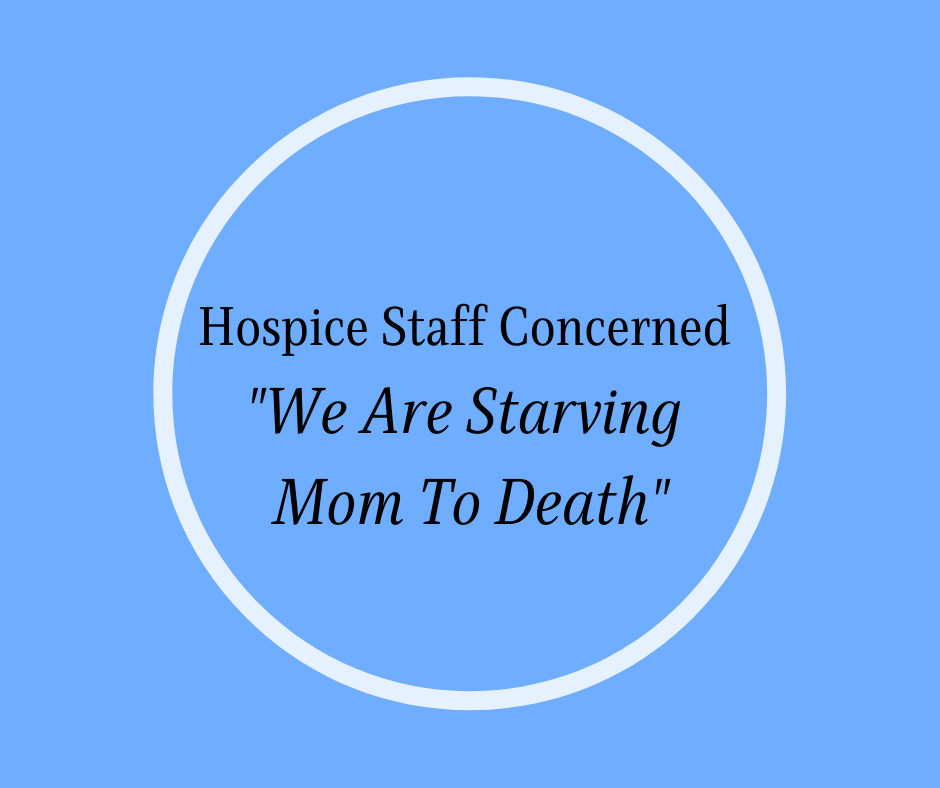QUESTION: Why do so many health workers working in palliative care carry on smoking /drinking even though many of their patients are dying due to smoking/alcohol related cancers? This has always been a mystery to me.
I remember the first autopsy I saw in nursing school in the early 1960s. The person had cancer of the lung and the doctor performing the autopsy went into great detail showing us the cancerous lung and its relationship to smoking. This was before it was official that smoking is bad for you. I stopped smoking for a couple of weeks. It took me until the late 1960s to stop forever when my own body did something unacceptable in its response to cigarettes. The point I’m making is we think bad things only happen to others--until they happen to us.
Aside from the addictiveness of cigarettes and alcohol (that makes stopping no matter the knowledge we have about it so difficult), it is so easy to do what is harmful for us and so difficult and challenging to do that which we know is good for us. This applies to food and exercise as well as smoking or alcohol.
One would think by working with end of life on a daily basis we, the health care professionals, would appreciate our own health more, walk a straight line in regards to health issues and most of all recognize the precariousness of living. What our patients show us about how they have lived and their dying should be our wake up call for how we want to live our own lives. However, all too often this leads us full circle back to the old adage, “Do as I say, not as I do” and the belief that bad things happen to others until they happen to me.





